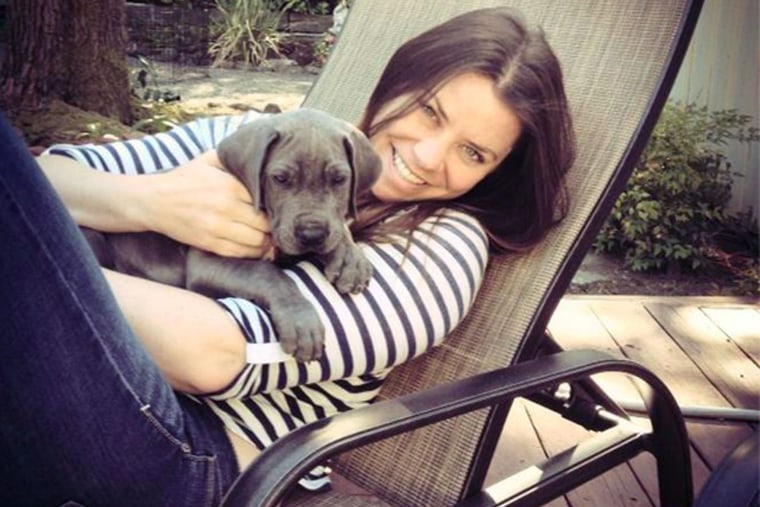Lawmakers in New York have introduced a "Death with Dignity" bill that would make the state the sixth in the country to allow terminally ill adults to end their own lives with prescribed lethal medication. Their decision came just four months after California cancer patient Brittany Maynard renewed national debate on the controversial law.
The "New York End-of-Life Options Act" authorizes doctors to prescribe medicine that leads to death for individuals with terminal illnesses, defined as incurable and irreversible diseases that have been medically confirmed and would result in death of the patient within six months. The adults would have the option to choose when they wish to administer the medicine.
RELATED: Death with Dignity advocate Brittany Maynard dies in Oregon
New York state Sen. Diane Savino, the main sponsor of the measure, said the process honors patients' rights to make informed decisions about dying and respects their beliefs following a terminal diagnosis. The bill, modeled after Oregon's Death with Dignity law, calls for two witnesses to verify that the adult's request is voluntary.
“The option to end one’s suffering when facing the final stages of a terminal illness should be a basic human right, and not dependent upon one’s zip code,” Savino said in a press release. “With solid support for aid in dying across every demographic, I believe there will be strong bipartisan backing for this bill.” A fellow Democrat, state Sen. Brad Hoylman, is a co-sponsor of the bill.
The issue was recently brought to the forefront by Maynard, who became a public face of Oregon's Death with Dignity law this past year. Last April, at the age of 29, she was diagnosed with terminal brain cancer. She moved from her home in California to Oregon because the state’s law allows terminally ill patients to choose when and where they want to die. She decided to end her life on Nov. 1 at her home in Portland, Oregon, surrounded by close friends and family.
"The option to end one’s suffering when facing the final stages of a terminal illness should be a basic human right, and not dependent upon one’s zip code."'
Savino recently met with Maynard's husband, Dan Diaz, to learn more about the woman's experience with her illness and access to medical aid in dying. Diaz promised his late wife that he would help lawmakers pass Death with Dignity laws, he reportedly told the senator.
“Having aid in dying as an end-of-life option provided great relief to Brittany,” Diaz said in a statement. “It enabled my wife to focus on living her last days to the fullest, rather than living in fear of dying in agony from terminal brain cancer.”
A group of doctors and terminally ill patients filed a lawsuit in a New York court earlier this month, urging lawmakers to declare doctor-assisted suicide legal, The New York Times reported. A physician who helps a patient die currently can be prosecuted under the manslaughter statute of state law. They are suing the attorney general and district attorneys for upholding that law in five counties where the plaintiffs live and practice.
Another patient in California, 53-year-old Christie White, filed a lawsuit last week challenging the state’s ban on assisted suicide. She wants doctors to have the right to help terminally ill patients end their lives. It is currently a felony in California for anyone to deliberately aid, advise, or encourage another person in dying.
And in Connecticut, the state’s highest court ruled in January that a 17-year-old girl unwilling to continue receiving care for her cancer must continue chemotherapy. The court’s chief justice decided the teenager, identified in court documents only as “Cassandra C.,” is not mature under any standard to demand she doesn’t want to receive life-saving medical treatment.
RELATED: California leukemia patient sues state for right to die
Five states — Montana, New Mexico, Oregon, Vermont, and Washington — currently allow patients to seek medical help in dying. Lawmakers in at least 13 other states and Washington, D.C., have introduced similar bills since Maynard's story made headlines in early October.
Critics say allowing doctors to aid in a patient's death would undermine the physician's role as a healer.
Earlier this month, the Canadian Supreme Court overturned a ban on physician-assisted suicide, signaling a western government’s embrace of changes to the law.
